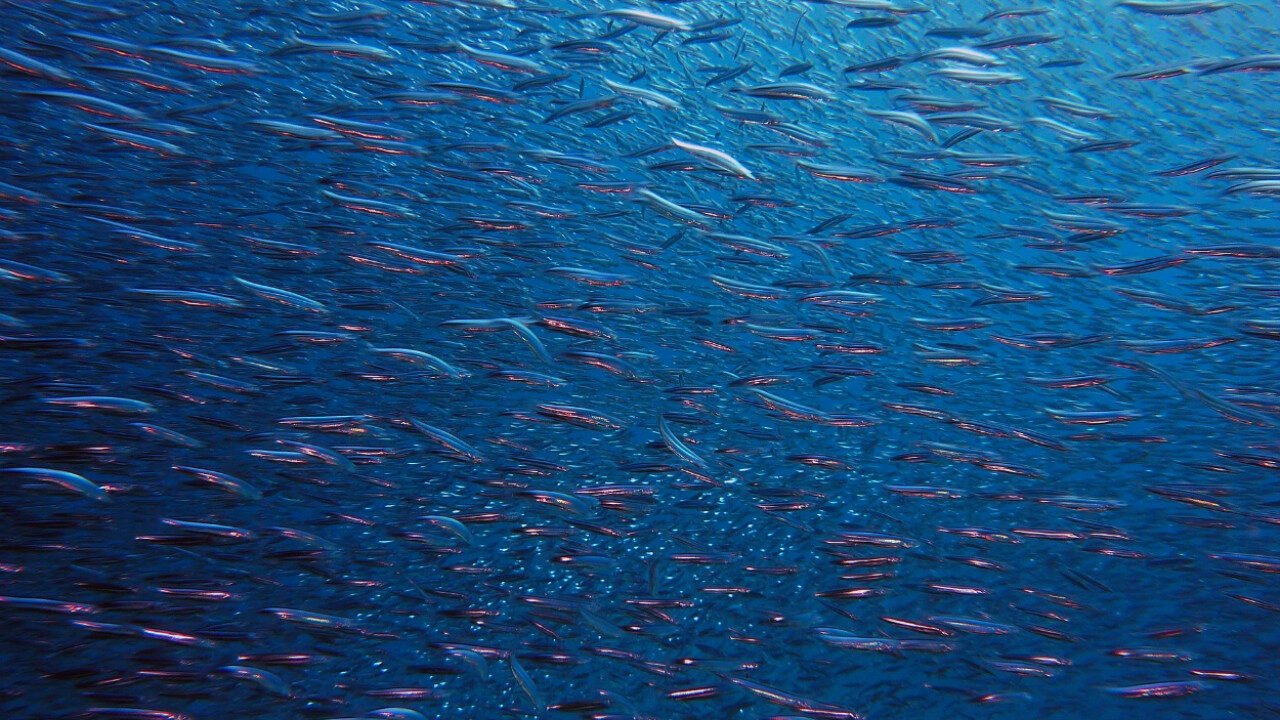By Ahmed Khan
Imagine fishermen spending hours at sea only to haul in tiny catches, while key fish species vanish from nets once full of life.
Across Sindh, from the Indus Delta to Karachi’s coast, declining fish populations are threatening both livelihoods and the fragile marine ecosystem.
Experts warn that without a province-wide stock assessment, Sindh risks the collapse of its fisheries—a loss that would devastate communities dependent on the sea.
Overfishing and Habitat Loss
Decades of overfishing, habitat destruction, and weak regulation have pushed species like pomfret, shrimp, croaker, and mullet to dangerously low levels.
Despite this, authorities still lack updated data to understand how severe the decline really is.
“Much of Sindh’s fisheries data is outdated or incomplete,” said Dr. Shahnaz Qureshi, a marine biologist at the University of Karachi.
“We’re managing one of the country’s most valuable natural resources without knowing how much is left.”
Impact on Fishermen
Fishermen are feeling the impact firsthand. Many report traveling farther and staying at sea longer, only to catch less than before. This has forced some to abandon the profession, while others struggle to support their families.
Importance of Stock Assessments
Fisheries stock assessments are scientific studies that measure fish populations, age, and growth rates. They form the foundation for setting safe catch limits and designing policies to prevent overfishing.
Without these assessments, the government cannot determine how much fish can be harvested safely or enforce effective conservation measures.
“You can’t manage what you don’t measure,” Dr. Qureshi emphasized.
Environmental and Economic Threats
The problem goes beyond economics. Fisheries are vital to the marine ecosystem, where each species plays a key role.
Pollution from industrial waste and agricultural runoff has further damaged breeding grounds like mangroves and estuaries, which once served as nurseries for young fish.
“Once-thriving habitats are now struggling to sustain life,” said Faisal Munir, a fisheries expert at the Marine Fisheries Department.
Economically, fisheries are also important for Pakistan’s seafood exports. But international buyers increasingly require proof of sustainable practices—something Sindh cannot fully provide due to the lack of credible data.
Calls for Science-Based Action
Experts are calling for a province-wide, science-based stock assessment program that covers both marine and inland waters.
Modern techniques such as biomass estimation, satellite tracking, and digital catch reporting should be used to provide accurate, real-time data.
Equally crucial is involving local fishing communities in monitoring and decision-making. Fishermen on the frontlines can report catches, detect illegal fishing, and help promote responsible practices.
“Without urgent action, Sindh risks losing not just its fish, but the livelihoods and traditions of thousands who depend on them,” Munir warned.
Author Profile
-
Ahmed Khan is a business journalist who specializes in Pakistan’s financial markets, corporate earnings, and economic policy.
With a keen eye for market trends and investor behavior, he breaks down complex financial developments into clear, insightful stories for everyday readers.





